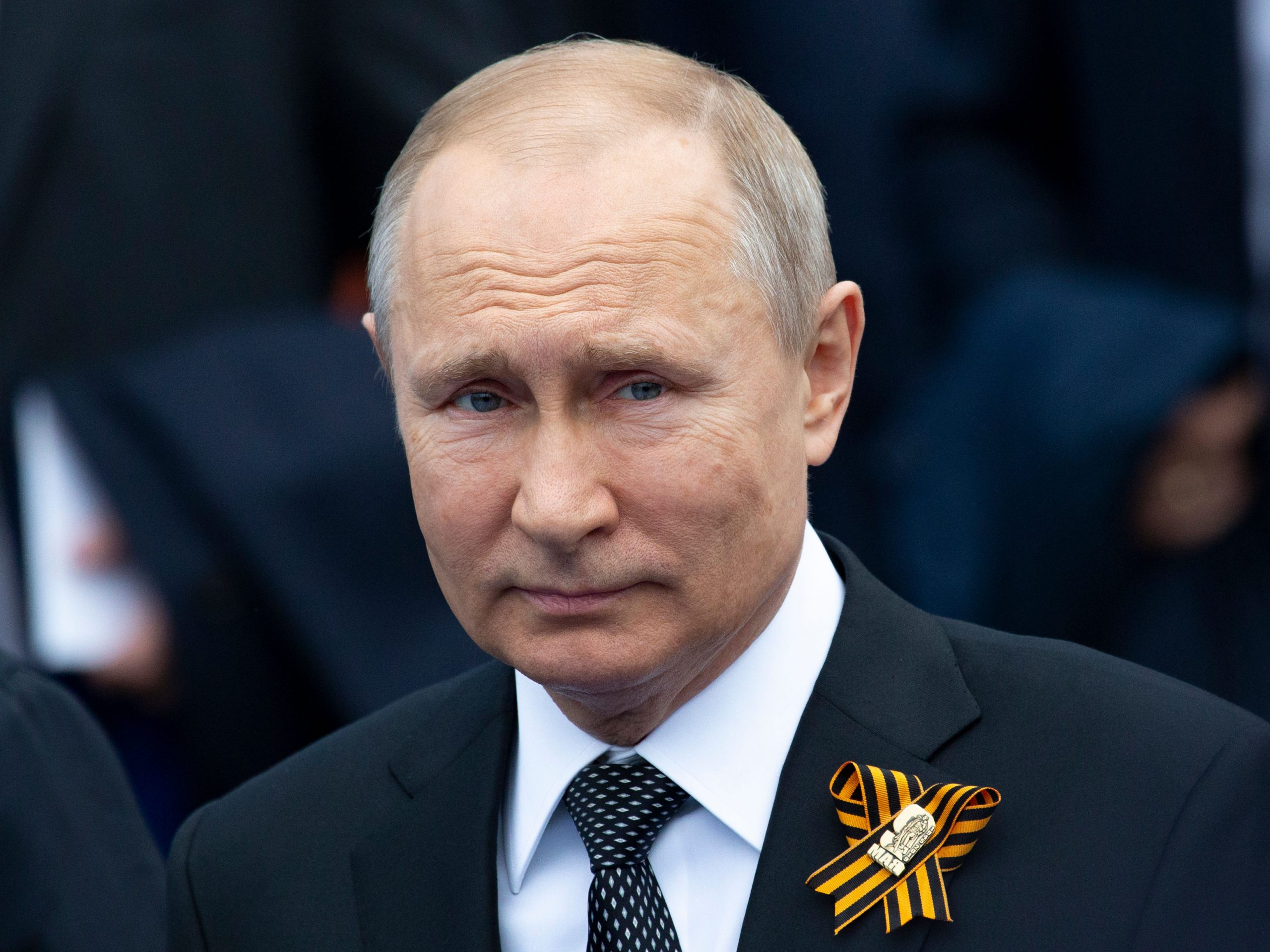Russian President Vladimir Putin is set to take part in his first major multilateral meeting since he invaded Ukraine on February 24.
As the war in Ukraine enters its fifth month, Putin will talk to fellow BRICS leaders in a virtual meeting hosted by China. BRICS is an acronym for a grouping comprising Brazil, Russia, India, China and South Africa.
The group, which sees itself as a voice for developing countries, was conceived in 2006. Those in BRICS have not condemned Russia’s invasion of Ukraine so far.
Also Read | With Donbas in sight, Russia pounds key twin cities in eastern Ukraine
Of all the member, two countries – China and India – have also increased trade with Russia despite international sanctions on Moscow.
It is likely that in the meeting, Putin may call on BRICS to establish joint oil and gas refining facilities with Moscow – a move, which Russian Industry Minister Denis Manturov said would help reduce the bloc’s dependence on energy supplies from “unreliable partners.”
Earlier this month, Russian Finance Minister Anton Siluanov warned that sanctions could cause “global stagflation” and a food crisis. He called on BRICS to work together to stabilize the economic situation.
Chinese President Xi Jinping is likely to seek support from BRICS for his vision of an alternative world order. This was introduced at a forum in April as his signature Global Security Initiative, which could be backed by Putin.
The Russian President was in Beijing weeks before he launched the Ukraine invasion.
India, however, would be unwilling to the idea of a China-led security framework. India is locked in a standoff with China on its land border in the Himalayas.
Matters get complicated as India depends on Russian-supplied arms. It is suggested that about 60% to 85% of India’s legacy defense equipment are Russian made.
Also Read | Ukraine a step closer to EU membership, states report
“As the China-Russia relationship is garnering momentum, India’s relationship with Russia is getting affected. Russia has openly expressed its displeasure about the concept of the Indo-Pacific and the Quadrilateral Security Dialogue, of which India is an important member,” the Observer Research Foundation’s Harsh V. Pant told CNBC.
India is also a key member of the informal security grouping Quad, which includes the U.S., Australia and Japan.
“Russia’s relationship with China will continue to grow and India’s relationship with Russia, as a consequence, will continue to weaken. But in the short term, India has to manage Russia,” said Pant, who is vice president, studies and foreign policy at the ORF, a New Delhi-based think tank.







